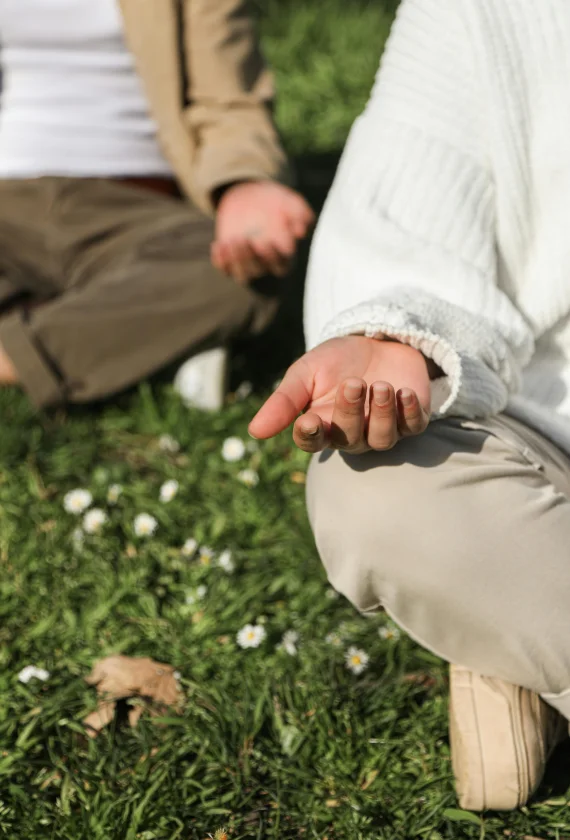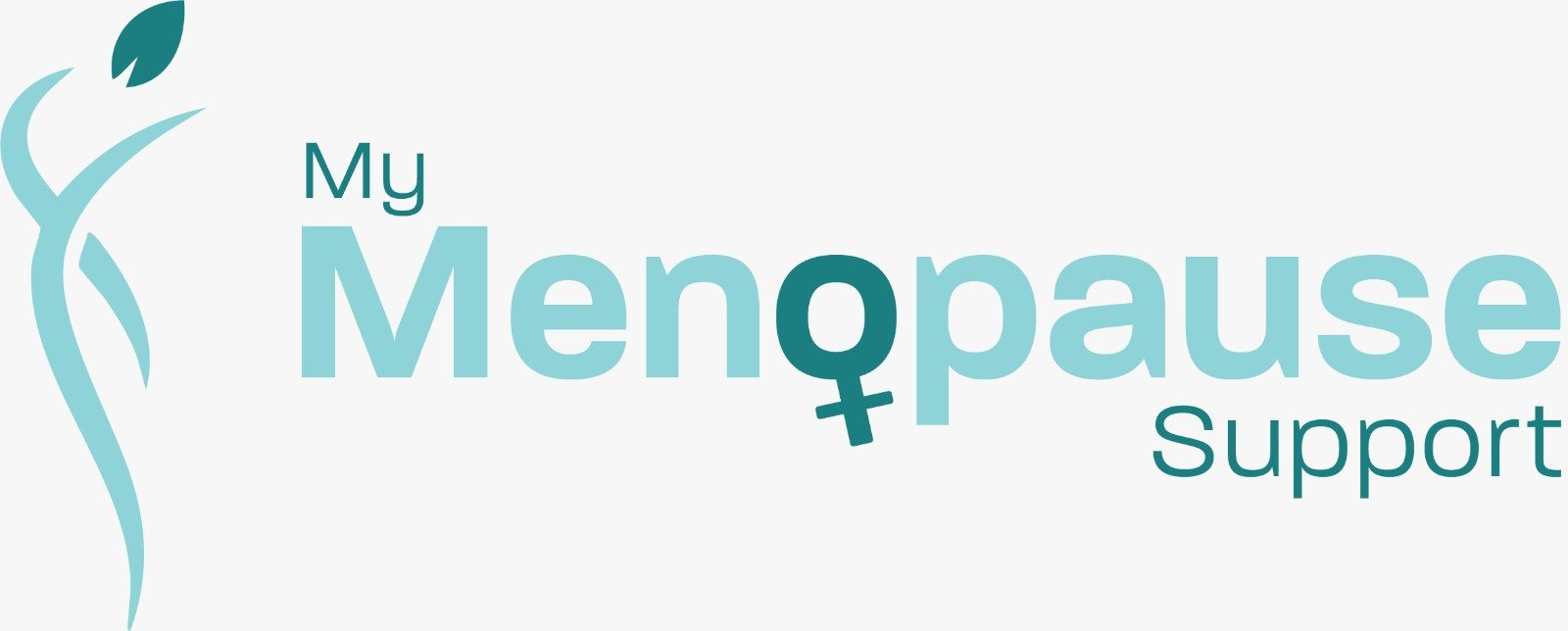Menopause Health & Wellness
Expert Relief for Menopause Bladder Issues with Dr. Sonia Dudeja
Understanding Menopause-Related Bladder and Urinary Changes
Are you suddenly planning your day around the nearest restroom? Do you feel a frequent, critical need to urinate, or experience frustrating leaks when you cough, sneeze, or exercise? These urinary changes are an incredibly common, yet often unspoken, part of the menopause journey. Many women feel embarrassed or assume this is an inevitable consequence of aging that they must simply manage with pads and liners.
At MyMenopauseSupport.org, Dr. Sonia Dudeja wants you to know that you do not have to live this way. These bladder issues are part of a treatable medical situation known as Genitourinary Syndrome of Menopause (GSM). We are dedicated to providing a compassionate and expert approach to diagnose the cause of your symptoms and offer practical solutions that restore your control and confidence.

The Science Behind the Symptoms
Why Your Bladder Changes During Menopause
The urinary symptoms you’re experiencing are directly linked to the decline in estrogen. Just like the tissues of your vagina, the tissues of your bladder and urethra (the tube that carries urine out of your body) are rich in estrogen receptors. Estrogen is vital for maintaining their strength, elasticity, and tone.
As estrogen levels drop, these tissues can become thinner, weaker, and less resilient. This can guide to a range of urinary and bladder issues:
Urinary Urgency & Frequency
Weaker tissues can lead to a persistent, strong urge to urinate, even when your bladder isn't complete.
Stress Incontinence
A loss of tone in the pelvic floor and urethral muscles can cause urine to leak during physical stress, such as laughing, coughing, sneezing, or lifting heavy objects.
Urge Incontinence
This is the involuntary loss of urine that occurs right after you feel a sudden, intense urge to urinate.
Recurrent Urinary Tract Infections (UTIs)
The thinning of the urethral lining can make it easier for bacteria to enter and cause infections.
Your Path Forward
A Comprehensive Strategy to Regain Control
Dr. Sonia Dudeja’s approach is to provide a thorough diagnosis and a personalised, multi-faceted treatment plan. We understand that bladder issues can be distressing, and we are committed to finding the solution that works best for you.
Comprehensive Medical Consultation
- Your care begins with a detailed and confidential discussion with Dr. Dudeja. We will explore the specific nature of your symptoms to understand the type of incontinence or bladder issue you are experiencing and to rule out other potential causes.
Evidence-Based Medical Treatments
- Localized Vaginal Estrogen: This is often the first-line and most effective treatment for many menopause-related urinary symptoms. Applying a very low dose of estrogen directly to the vaginal area via a cream, tablet, or ring helps to restore the health and resilience of the urethral and bladder tissues. This can significantly reduce urgency, frequency, and the incidence of UTIs.
- Other Prescription Medications: For specific conditions like overactive bladder, other medications may be prescribed to help calm the bladder muscle and reduce the constant urge to urinate.
Integrated Wellness & Lifestyle Support
- Pelvic Floor Muscle Exercises (Kegels): Strengthening your pelvic floor muscles is a powerful, non-medical way to improve bladder control, especially for stress incontinence. Dr. Dudeja can provide guidance on how to perform these exercises correctly and effectively.
- Bladder Training: This behavioral process involves gradually increasing the time between urinating to help your bladder hold more urine and reduce the frequency of restroom visits.
- Lifestyle and Dietary Adjustments: Certain foods and drinks, such as caffeine, alcohol, and spicy or acidic foods, can irritate the bladder and deepen symptoms. We can help you identify possible triggers and make simple adjustments to your diet. Maintaining a healthful weight also reduces pressure on the bladder.


Frequently Asked Questions
It was very comfortable talking to Dr Dudeja about the symptoms I have been experiencing. She made me feel at ease so I could explain everything in detail.
I was made to feel at ease and comfy very quickly which helped me relax and explain my struggles and symptoms .

